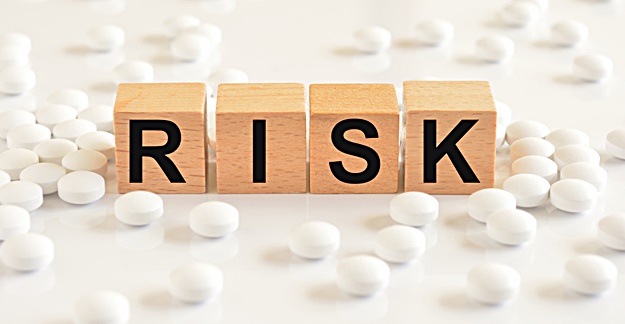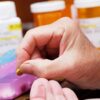Adverse Events Are Inevitable
In trials for new drugs, adverse events are inevitable. When it comes to drugs that treat cancer, those potential harms are often downplayed in results, to the detriment of patients, according to a new study. Using vague terms about harms may not give a true impression of them and lead some to believe a new drug has a better benefit-risk profile than what is actually the case.
The study, published in the BMJ, looked at how adverse events were discussed in cancer drug clinical trials results published in several medical journals in 2006. Researchers examined 122 trials. They found that 43% (53) of those trials used terms that downplayed the harms.
What’s an example of a vague description of harms? Here are a few examples. An “acceptable adverse-event profile;” “manageable safety profile;” “tolerability was good overall.” To the first term, while one patient may be able to tolerate a side effect, others may not. The same goes for using a term like manageable. It’s very subjective, isn’t it?
The paper contains a chart about terms that are used to downplay the harms of cancer drugs in trial results and why this is concerning. I’ve republished it below:
- Acceptable—Acceptable to whom? Were the patients asked if the toxicities were “acceptable” to them?
- Manageable—Serious events and deaths can never be considered manageable. Even manageable toxicities incur burden and decrease patients’ quality of life.
- Feasible—What is the threshold for feasibility of a treatment? Will the mention of “the treatment is feasible” be enough to obtain patient’s consent to a treatment?
- Favorable toxicity profile—Favorable compared with what? The threshold of enduring toxicities and thus favorability is different from patient to patient.
- Tolerable or well tolerated—Only the patient can decide whether any side effect is tolerable
- Safe—Any cancer treatment that has resulted in a treatment related death cannot be considered safe.
Side Events – Experimental vs The Control Group
Even worse, while cancer drug trial results tended to downplay the harms, serious adverse events were higher in the experimental – new drug – arm than in the control group. Another problem was that in many of the trials that downplayed harms, there was no data describing the severe or serious adverse events.
The BMJ paper was written by oncologist Bishal Gyawali, MD, PhD. Gyawali told HealthNewsReview’s Gary Schwitzer why he felt the need to write the paper.
“I felt it was inappropriate for us clinicians to label a toxicity our patients experience as acceptable,” Gyawali said. “My view is that only patients who experience those side effects can say whether it was acceptable or not. This downplaying of toxicities is very harmful because it makes us clinicians believe that a drug is safer than it actually is.”
In the paper, Gyawali also said that cancer drug trials should avoid subjective terms and fully report side effects. I couldn’t agree more.
“No cancer drug is safe, it’s always a trade-off,” Gyawali told Schwitzer. “This understanding is crucial because most cancer drugs provide only modest benefits. Very few are truly game-changers.
Gyawali’s paper is an important reminder that when reading about clinical trial results for a drug, many times, the benefits of a medicine are touted while discussion of side effects are minimized. This becomes even more problematic when the results are reported in the media, who far too often emphasize the benefits of a new drug without appropriately discussing risks.
It’s important to remember that all drugs have risks. No drug is completely safe. It’s why at MedShadow, we encourage you to ask questions of your health care professional and weigh the risks vs. the benefits of a medication before accepting a prescription. And it’s why only you can decide if a drug’s risks and potential harms are acceptable.






